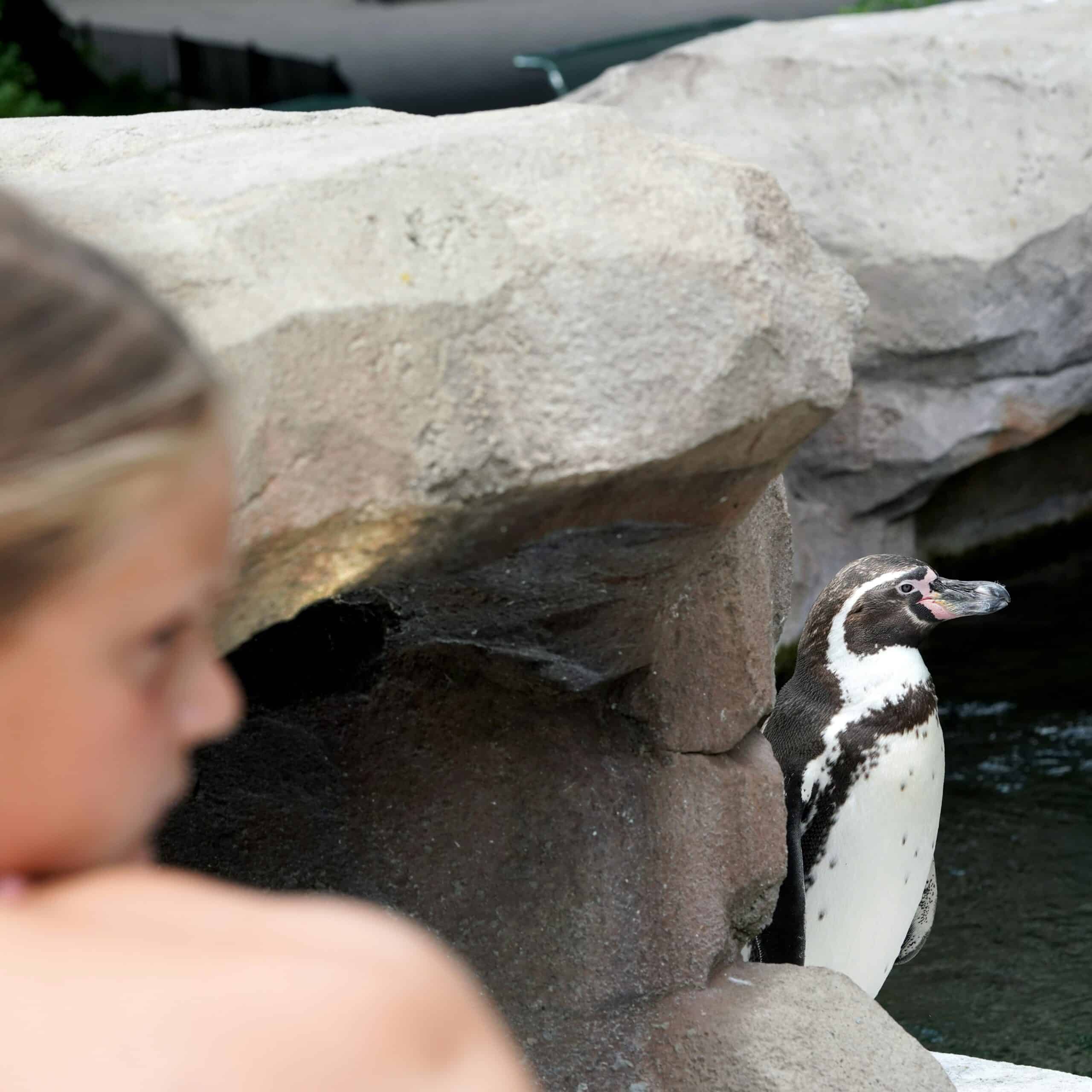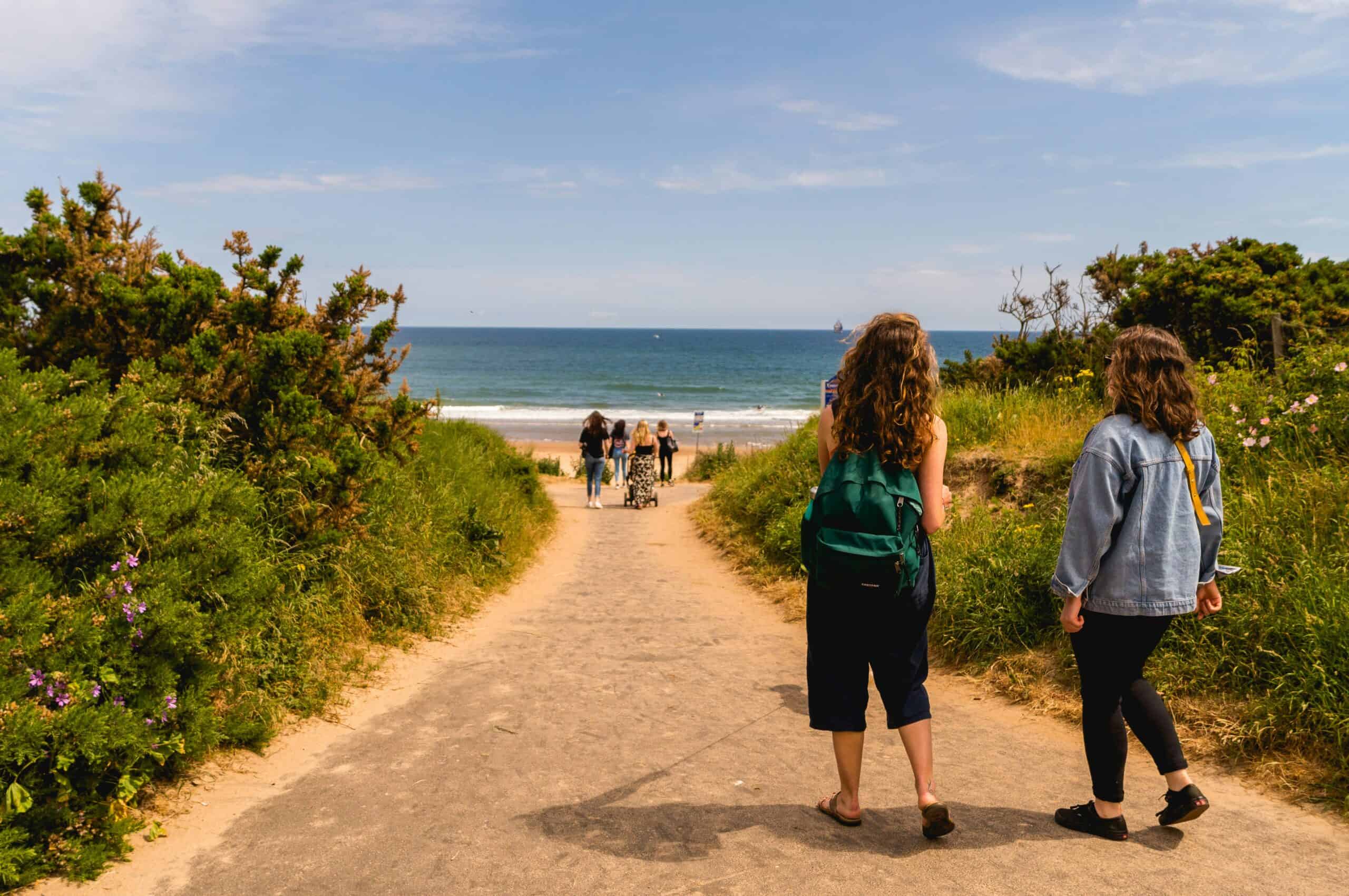School trips are an important part of a young person’s education. They provide pupils with opportunities of wider learning that are not always possible within the realms of a classroom. For pupils to make the most of these experiences, it depends on meticulous planning and execution from trip organisers.
We have pulled on our over 40 years’ of experience in supporting education institutions to provide you with advice on planning and managing successful school trips. From defining objectives to providing an overview of regulatory considerations, the below guidance aims to help ensure that every off-site learning experience is as enriching for pupils as it is stress-free for you as the organiser
Defining the purpose of a school trip
Every successful school trip plan should begin by defining the purpose and scope of the trip. Why is it important for pupils to attend? What will they learn? How will it be of benefit? Without defining a clear purpose, the trip can become just another day out and pupils may miss out on those all important opportunities to learn.
Once the purpose of the trip is defined, you will have a clear direction for your planning and you will be able to ensure each activity helps you to achieve your goal. This will help you:
- Plan the day and shape the pupil experience: you can pick activities and venues that align with the purpose
- Communicate trip benefits: it becomes easier to explain why the trip is vital for learning once you know the purpose
- Appropriately allocate resource: having clear aims will help you to decide where budget and time is best spent
- Measure success: after the trip has taken place, you can collate feedback or test pupils on what they’ve learnt and measure this against your goals

Ensuring compliance and safety on a school trip
Once you have a defined purpose for your trip, it’s important that you understand and are able to adhere to the safety regulations that govern school trips within the UK. This ensures staff and chaperones are able to fulfil their duty of care to allow every pupil to experience a safe and secure school trip.
To ensure the safety of pupils whilst on school trips, some key principles should be followed:
- A thorough risk assessment must be created – identify specific risks for the activities you have planned, and make sure there are sensible controls in place, you want to make the risk assessment dynamic in case circumstances change
- Ensure staff competence – be sure that any staff or chaperones involved are competent and prepared for their roles and the activities they are supervising
- Appropriate communication – ensure clear communication between staff, pupils and caregivers
- Have appropriate staff to pupil ratios – the Department for Education advises the below staff:pupil ratio for trips such as to museums or historical sites. Your risk assessment may define a different ratio:
- 1 adult for every 6 pupils (years 1 – 3), Foundation Stage 1 settings must have a higher ratio
- 1 adult for every 10-15 pupils (years 4 –6)
- 1 adult for every 15 – 20 pupils (year 7+)
- Minimum 1:10 for visits to countries other than that of residence
There must be a minimum of 2 adults at all times, and all adults must be DBS checked.
Full health and safety responsibilities for schools are outlined here on the Government website.

Stress-free school trip planning process
Once you have a defined purpose for your school trip, and you understand your regulatory duties, it’s time to begin planning the operations of the trip. There are lots of things to consider, so below we’re going to break down the key aspects to support you in planning a seamless school trip.
Venue and activity confirmation
It is best to begin planning a school trip as early as possible, as many popular destinations get booked up in advance, particularly at popular times of year. Using the objectives you’ve set out, you can begin to look for venues and activities that align and will help you reach your goals. You can then formalise bookings and planned activities. At this point, it is paramount that access needs and special requirements are considered to ensure the trip is accessible to all.
Staffing and chaperones
There must be clearly defined roles and responsibilities for all accompanying staff. You must confirm appropriate adult-to-pupil ratios and that all adults possess current Disclosure and Barring Service (DBS) checks. It is also important to assign specific duties such as first aid, group leadership, and behavioural management.
Parental engagement and communication
Once bookings have been made and confirmed, it is time to begin engaging with parents and guardians. You will need to communicate the objectives of the trip, costs and itineraries as soon as possible before acquiring signed consent forms and emergency contact information. You will also need to gather information on medical conditions and any other requirements a pupil may have.
By communicating with parents early on, you also allow extra time for trip payment – which can in turn help to make the trip more accessible to all pupils.
Pupil communication
Before leaving for the school trip, it can be useful to provide comprehensive details to pupils about the school trip. Covering the itinerary, activities, safety information, objectives and conduct expectations.

Book reliable school trip transport
Planning how pupils will get to a school trip is just as important as the trip itself. Having transport that is clean, comfortable and arrives on time is imperative and makes a difference in the overall enjoyment of the trip.
At Horseman Coaches, we have extensive experience in providing high-quality transportation for educational providers. By choosing a coach company with such a wealth of experience, you don’t just receive a coach and driver, but an experienced school trip transport partner who wants to help you and your pupils reach the goals of your trip.
To learn more about us and to receive a quote for transport for your next school trip, visit our dedicated school trip transport page.
Planning successful school trips
Whilst a school trip itself may take just an afternoon, or a few days for a residential trip, they can take months of planning and work behind the scenes. The impact a well planned educational trip can have on pupils is immeasurable by allowing access to the wider education opportunities available outside of the classroom.
By partnering with Horseman Coaches for school trip transport, we aim to relieve some of the school trip planning strain for organisers by being more than just a transport provider.

